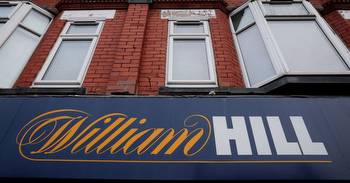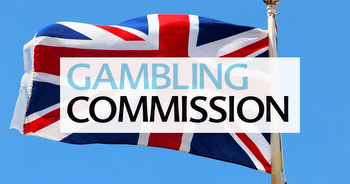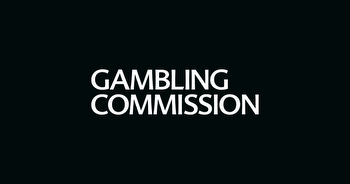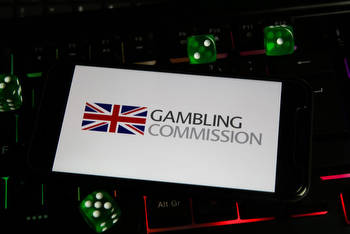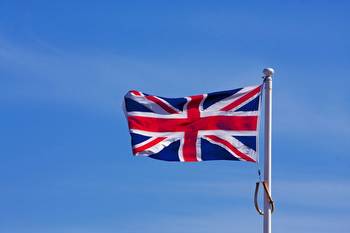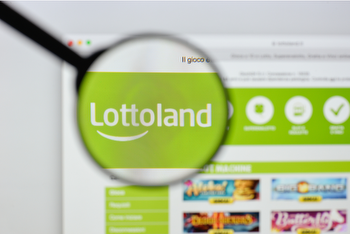Gambling giant Entain could lose UK licence after record £17m fine
Entain, the gambling firm behind Ladbrokes and Coral, could lose its licence to operate in the UK after it was told to pay a record £17m settlement over its inaction as individual customers spent hundreds of thousands of pounds.
The Gambling Commission highlighted multiple failings in Entain’s online and high street business, all of which occurred after the government announced a review of gambling laws that has led the industry to promise to improve controls to tackle addiction and prevent money laundering.
The “completely unacceptable” incidents, which triggered Entain’s second regulatory settlement in three years, included carrying out just one chat interaction with a customer who spent long periods gambling in the middle of the night over 18 months, depositing £230,845.
Another customer who was blocked from betting with Coral over concerns about their betting was allowed to set up another account with a different Entain brand and deposit £30,000 in a day.
A third individual was allowed to deposit £742,000 in 14 months without appropriate checks on what they could afford, while another, who was known to live in social housing, was allowed to deposit £186,000 in six months without sufficient checks.
In a series of other incidents, customers lost hundreds of thousands of pounds, without being subjected to checks on their source of funds.
The failings took place as the industry lobby group, the Betting and Gaming Council, was publicly pushing back against proposals designed to prevent vulnerable people incurring punishing losses, such as strict affordability checks.
A gambling white paper, containing an array of similar reforms aimed at tightening up laws governing the £11bn-a-year industry, was due to be published in June but has been delayed, while the Tory party chooses a new leader.
The commission’s regulatory settlement with Entain includes terms forcing the company to implement an “improvement plan” to tighten up controls designed to prevent money-laundering and tackle gambling addiction.
“This is the second time this operator has fallen foul of rules in place to make gambling safer and crime free,” said the regulator’s chief executive, Andrew Rhodes, referring to a £5.9m fine issued in 2019 for similar failings.
“There were completely unacceptable anti-money laundering and safer gambling failures. Operators are reminded they must never place commercial considerations over compliance.
“They should be aware that we will be monitoring them very carefully and further serious breaches will make the removal of their licence to operate a very real possibility. We expect better and consumers deserve better.”
The commission has never revoked a major operator’s permission to take bets in Great Britain but has the power to do so, or to suspend temporarily its licence to operate.
The £17m payout is the highest ever regulatory settlement with the commission.
Is it is technically not a fine because the sum, which will be paid to social responsibility causes, was arrived at after discussions between Entain and the regulator. Entain said it agreed to the figure in order to avoid legal proceedings.
It said it accepted that some of its systems “were not in line with the evolving regulatory expectations of the commission in respect to aspects of social responsibility and anti-money laundering safeguards”.
It added: “The group also notes the commission’s statement that it found no evidence whatsoever of criminal spend within Entain’s operations.” The statement said Entain had introduced tougher controls after the period covered by the fine, between December 2019 and October 2020, including the use of artificial intelligence to spot at-risk customers.
A spokesperson for the Betting & Gaming Council said: “We believe enhanced spending checks should be used online to identify those showing signs of problem gambling and to focus in on those at risk, so swift interventions can take place.
“But it is essential this is targeted […] so we don’t interfere with the personal freedoms of the vast majority of people who gamble safely and responsibly, as research shows that 90% of people do not comply with requests for information.
“Any changes introduced by the government must not drive gamblers towards the growing unsafe, unregulated black market online, where billions of pounds are being staked.”












